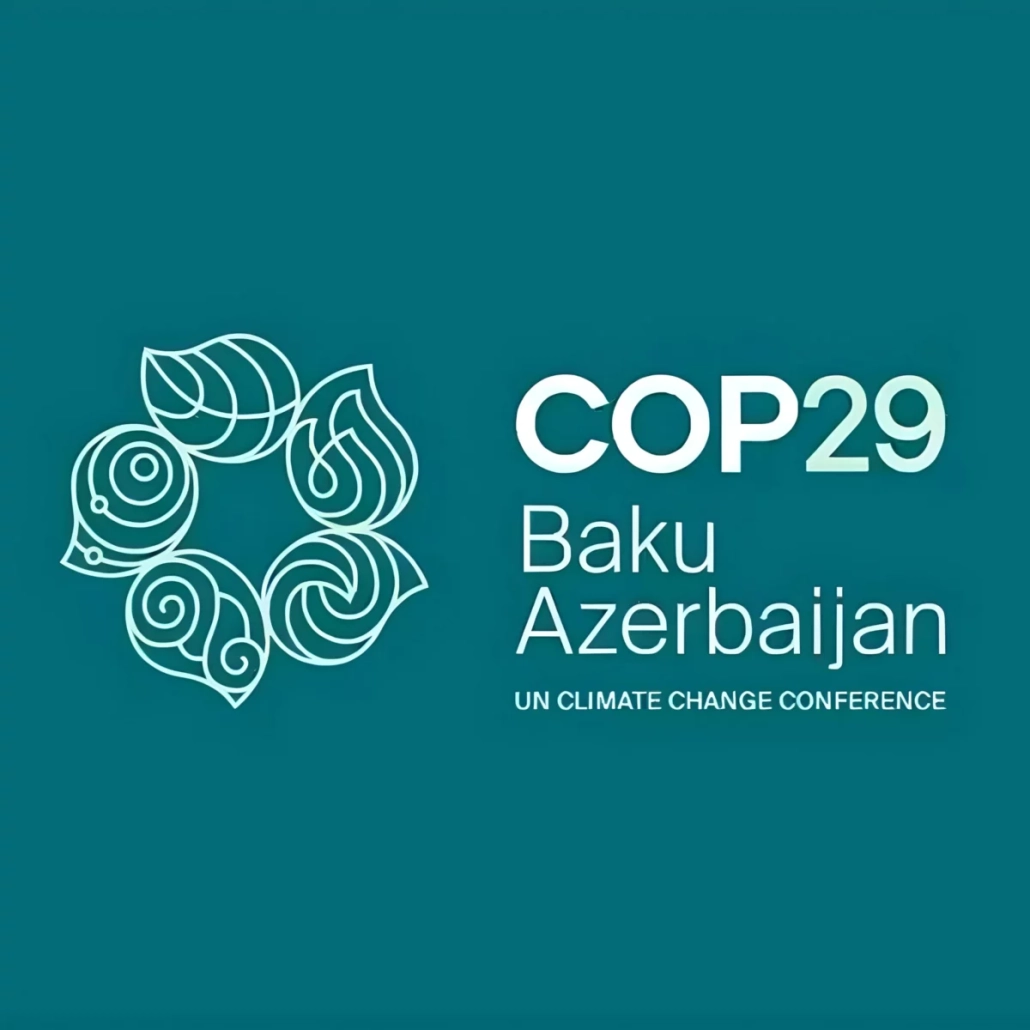COP29: Focus on climate finance - potential impact on the German financial industry
The 29th UN Climate Change Conference (COP29) will take place from November 11 to 22, 2024 in Baku, Azerbaijan. Known as the "Finance COP", the conference will focus primarily on climate finance. While many sustainability requirements for the financial sector are already set out in the Corporate Sustainability Reporting Directive (CSRD), COP29 could still lead to some changes.
Key topics of the COP29
- New Climate Finance Goal:
The current target of $100 billion annually expires in 2025. A significantly higher goal is to be agreed upon in Baku. Developing countries are demanding at least $1 trillion per year, primarily as public funds and grants. - Implementation of the 1.5-Degree Goal:
Despite ambitious resolutions at the last conference in Dubai, current state plans are insufficient. According to the UNEP report, emissions must be nearly halved by 2030 to meet the Paris climate target. - Climate Adaptation and Loss Compensation:
A crucial point of discussion will be how payments for damages and losses due to the climate crisis can be integrated into the new financing goal. - National Climate Plans:
All countries are expected to submit their revised national climate targets by early next year. The conference will set the framework for these plans and discuss how they can be made more ambitious. - Role of the Oil and Gas States:
As the third oil state in a row to host the conference, Azerbaijan is under particular scrutiny. It will be interesting to see how the country mediates between oil and gas interests and the expansion of renewable energies.
Potential Impacts on the German Financial Industry
- Enhanced Climate Financing (moderate to high probability):
New initiatives to promote sustainable investments could be introduced, going beyond existing CSRD requirements. - Extended Risk Management (low probability of comprehensive changes):
More specific guidelines for certain sectors might be introduced, but fundamental changes are unlikely due to comprehensive CSRD requirements. - New Reporting Obligations (low probability):
Significant new obligations are unlikely as the CSRD is already comprehensive. Minor adjustments or clarifications may follow. - Product Innovation (moderate probability):
New support programs or regulatory incentives for sustainable financial products could be introduced. - Adjustment of Lending Criteria (low probability of direct intervention):
Direct regulatory interventions are unlikely, but indirect effects through stricter climate targets are possible. - Increased Cooperation with Regulatory Authorities (moderate probability):
New international cooperations could require closer coordination between financial institutions and supervisory authorities. - Technological Investments (moderate probability):
New technology standards or support programs for sustainability-related technologies could be initiated.
Conclusion
COP29 is unlikely to introduce fundamental new measures for the financial industry, as the CSRD has already established a comprehensive framework. More likely are clarifications, extensions, or international harmonization efforts building on existing regulations.
Financial institutions should nevertheless closely follow the results of COP29, as even minor adjustments and new international agreements can have significant impacts on their business strategies and operational processes.
The exact effects of COP29 on the German financial industry will only become clear after the conference and the resulting political decisions. However, it is advisable to prepare early for possible changes and to continuously review and adapt sustainability strategies.
CURENTIS AG stands by your side as an experienced partner to master the challenges of sustainable transformation in the financial industry and to seize the resulting opportunities.



